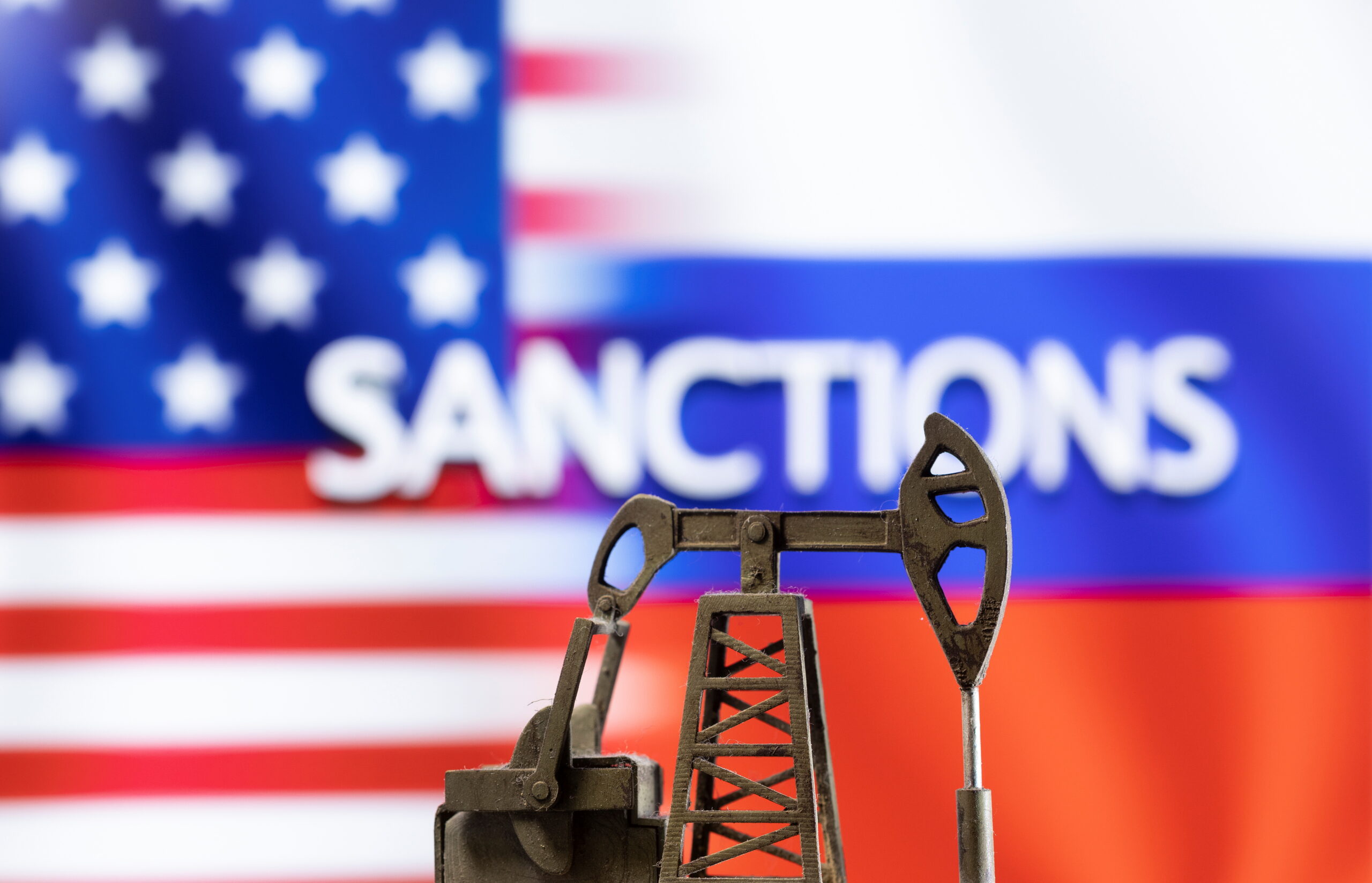The effectiveness of oil embargo and export restriction policies has decreased substantially in recent years. This decline is particularly evident in the cases of Iran and Russia, where sanctions have failed to achieve their intended objectives.
Why Oil Sanctions Have Failed
Diversification and Adaptation
Countries like Iran and Russia have adapted to sanctions by diversifying their economies, seeking new markets, and developing alternative industries. This strategic pivot has reduced their vulnerability to traditional economic pressure.
Global Energy Market Dynamics
The global energy market is complex and dynamic, with constantly shifting demand patterns and supply chains. While sanctions may disrupt markets in the short term, they often lead to long-term market adjustments that circumvent the restrictions.
Self-Reliance and Energy Independence
Sanctioned nations have been compelled to reduce their dependence on imports and enhance domestic energy efficiency. This forced self-sufficiency has, paradoxically, strengthened their economic resilience.
Alternative Business Partners
Countries like China have emerged as crucial alternative partners for sanctioned nations, providing new markets and trade relationships that minimize the impact of Western sanctions.
Consequences of Failed Sanctions
Economic Instability
While sanctions create economic instability in targeted countries, they also produce undesirable consequences for the global economy, often harming the nations that impose them.
Market Volatility
Oil sanctions create market instability, affecting global oil prices and disrupting the world economy. This volatility can harm both sanctioning and sanctioned nations.
Geopolitical Tensions
Sanctions often exacerbate geopolitical tensions, leading to increased conflict and instability in regions critical to global energy security.
Lessons Learned
Sanctions as Blunt Instruments
Oil sanctions are blunt policy tools that frequently produce unintended consequences. Policymakers must carefully consider their potential impact on both the global economy and the geopolitical landscape.
Need for Nuanced Approaches
Effective policy requires more sophisticated strategies, including targeted sanctions, diplomatic engagement, and economic incentives to achieve desired outcomes.
In summary, while oil sanctions were once considered effective policy tools, their utility has significantly diminished. Policymakers must reconsider their approach to sanctions, taking into account the evolving dynamics of global energy markets and the adaptability of targeted nations.
* The views expressed in this article are solely those of the author.


